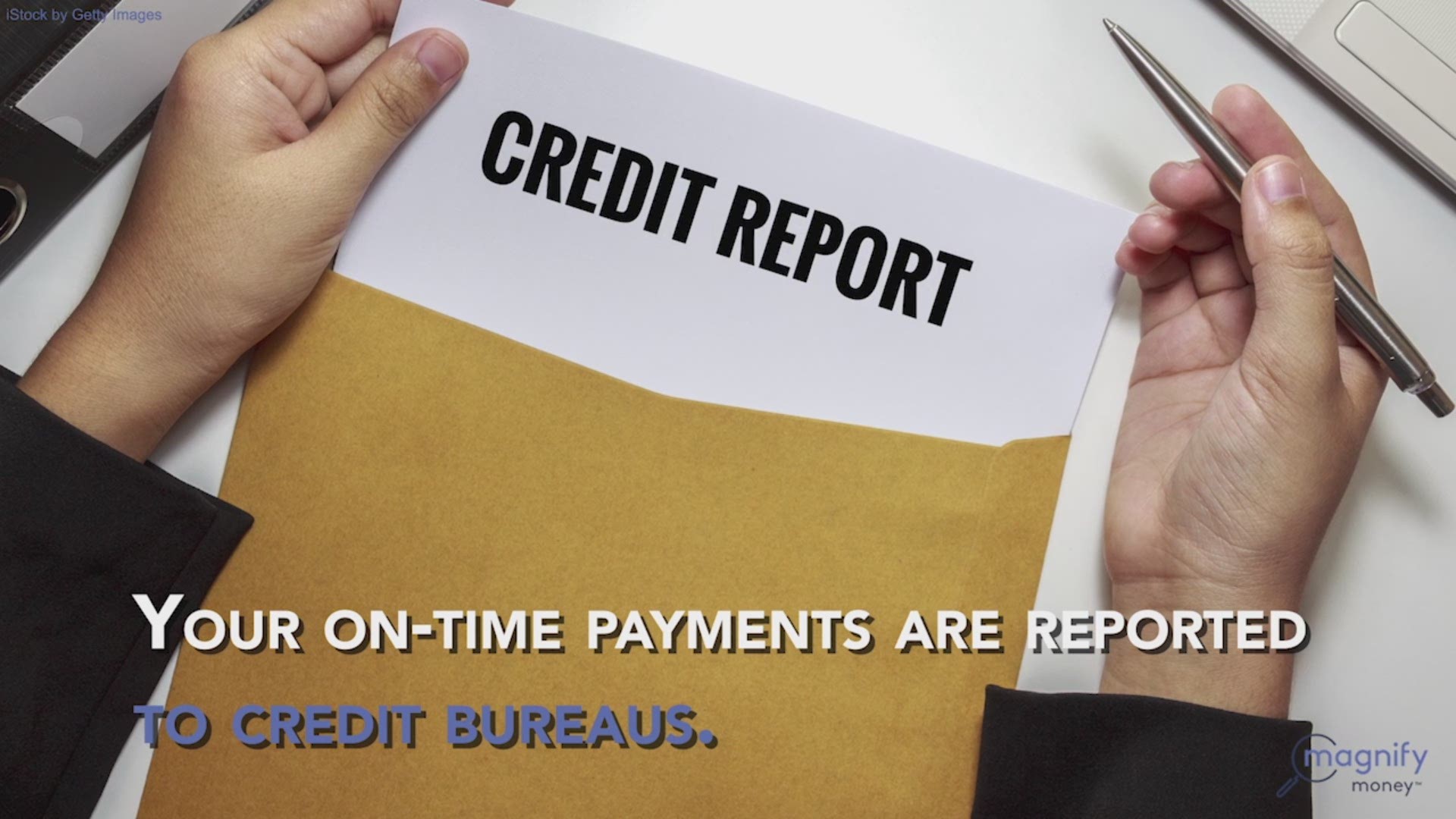Compared with other cities, are you and your neighbors receiving a bigger tax refund from the Treasury, or are you more likely to get stuck with a tax bill? That's what a recent study by MagnifyMoney set to find out.
We looked at tax return data for the 100 largest U.S. metro areas over a five-year period, from 2012 to 2016.
Cities where residents are most likely to owe taxes
Now, for the bad news. Among those who owed faced federal tax bills, MagnifyMoney found the average bill was over $5,000.
Ouch.
San Francisco taxpayers were not only most likely to owe - 25 percent - but they also had among the highest tax bills of any other metro.
- San Francisco: 25 percent owed taxes. Average bill: $7,226
- Denver: 22 percent owed taxes. Average bill: $5,607
- Ft. Meyer, Fla. 22 percent owed taxes. Average bill: $5,498
- San Diego, Calif.: 22 percent owed taxes. Average bill: $5,260
- Sacramento, Calif.: 22 percent owed taxes. Average bill: $4,243
- Fort Myers, Fla.: 21 percent owed taxes. Average bill: $8,146
- Sarasota, Fla.: 21 percent owed taxes. Average bill: $5,947
- Minneapolis: 21 percent owed taxes. Average bill: $4,971
- Charleston, S.C.: 21 percent owed taxes. Average bill: $4,956
- Washington, D.C.: 21 percent owed taxes. Average bill: $4,912
Geographically, there was a higher percentage of tax stings in Western cities. Seven of the 10 metro areas with the highest percentage of taxpayers owing taxes were in California, Colorado, Idaho, Arizona and Oregon. The biggest bite of them all was also out West, with San Franciscans writing checks worth an average of $7,226 - 40 percent greater than the national average.
Cities where residents are most likely to get a refund
The good news: Most filers - an average of 78 percent - received tax refunds, and only 17 percent owed taxes.
The less good news: the average refund exceeded $3,000. On the one hand, that's a nice chunk of change to put toward debt payments or a family vacation. On the other hand, it's a sign that a lot of folks could be overpaying their taxes throughout the year. That's money that perhaps could have been used to pay bills during the year rather than overpaying the IRS.
- McAllen, Texas: 88 percent got a refund. Average refund: $3,666
- El Paso, Texas: 85 percent got a refund. Average refund: $3,169
- Fayetteville, N.C.: 84 percent got a refund. Average refund: $3,036
- Memphis, Tenn. : 82 percent got a refund. Average refund: $3,254
- Corpus Christi, Texas: 82 percent got a refund. Average refund: $3,453
- Lakeland, Fla.: 82 percent got a refund. Average refund: $3,049
- Charleston, W.Va.: 82 percent got a refund. Average refund: $2,698
- Savannah, Ga.: 81 percent got a refund. Average refund: $3,021
- Visalia, Calif.: 81 percent got a refund. Average refund: $3,012
- Youngstown, Ohio: 81 percent got a refund. Average refund: $2,442
Residents in two Texas metros got a nice tax refund each year, the study found: 88 percent of McAllen residents and 85 percent of El Paso residents pocketed the most refunds over the five-year period.
Is getting a refund good news?
The reasons people get tax refunds vary. It could be because they deducted property taxes, mortgage interest or other eligible deductions from their taxable income, or because they are overpaying in taxes throughout the year.
It might come as a surprise, but personal finance experts might scold those who receive larger-than-normal tax refunds on a regular basis. Why? Because rather than give the government a no-interest loan for a year, you could have been using those extra funds in your paycheck to pay off high-interest debt or save more throughout the year. Part of that reasoning - saving - isn't especially convincing in this era of lower interest rates. For instance, the average federal tax refund in recent years - $3,052, according to the MagnifyMoney study - would have earned less than $40, even in "generous" savings accounts yielding 1 percent annually.
On the other hand, that typical tax refund could have been used to reduce credit card balances, or keep them from ballooning in the first place. In 2017, revolving credit balances (most of which is credit card debt) grew by more than 13 percent, according to Federal Reserve data. And those balances usually have interest rates exceeding 15 percent annually.
Either way, file sooner than later
Even if you owe taxes, you may be better off filing sooner than later. Not only will you have more time to plan out how you'll pay as you'll know exactly what you owe sooner, but you'll also give fraudsters less of a chance to steal your identity and file taxes on your behalf.
If you do owe, and don't have the dough, enroll in an IRS payment plan. Not paying taxes will result in an escalating series of interest charges, penalties, garnishments and lien on your assets.
MagnifyMoney is a price comparison and financial education website, founded by former bankers who use their knowledge of how the system works to help you save money.


